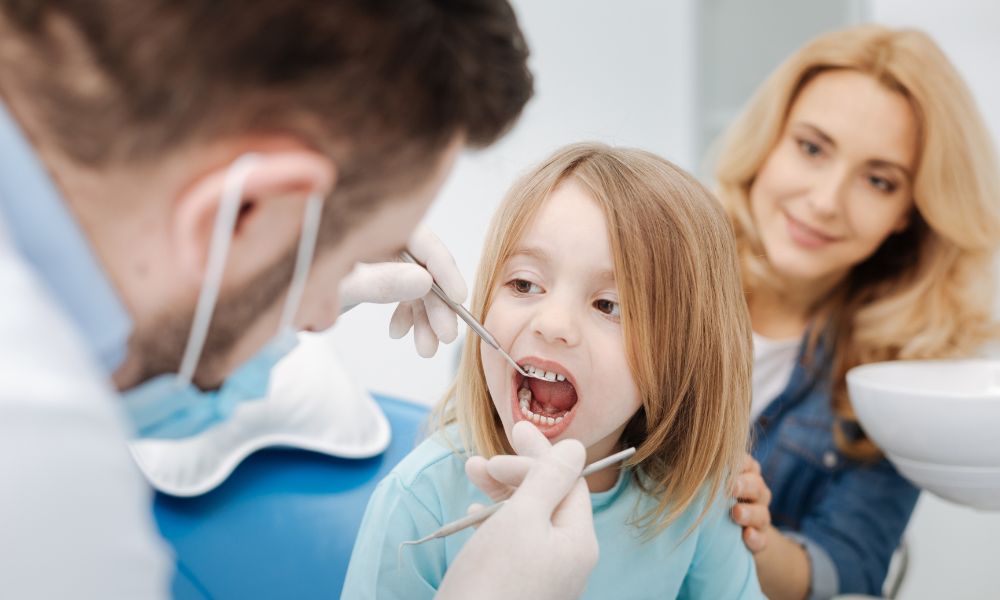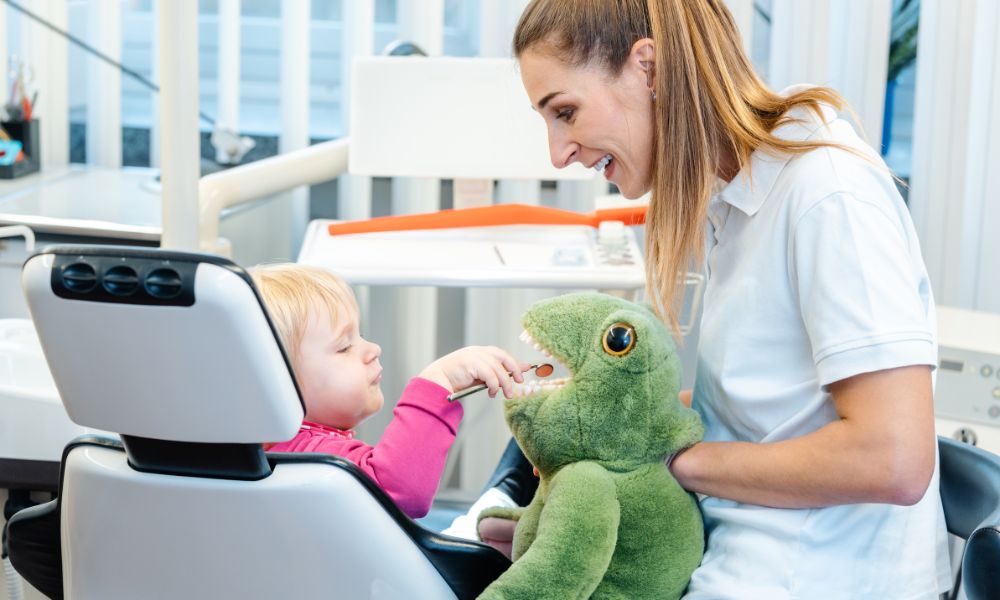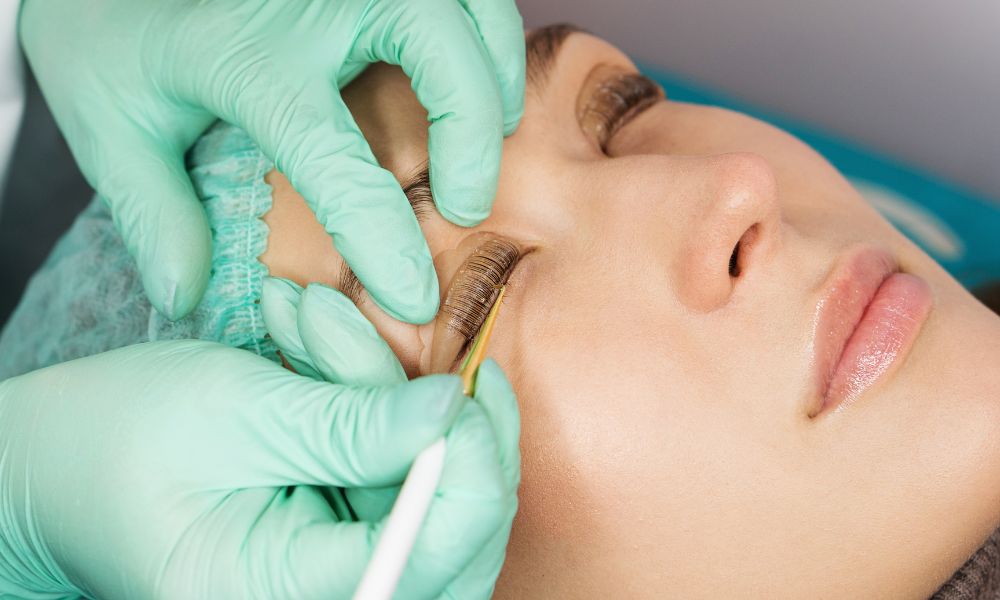
As a parent, it is natural for you to want the best for your child’s health, and oral hygiene plays a significant role in their overall well-being. Learn more about the importance of fluoride treatments in pediatric dentistry and how this natural mineral can improve your little one’s smile.
What Is Fluoride?
Fluoride is a natural mineral that exists in various forms and is found ubiquitously in the environment, particularly in water sources such as rivers, lakes, and oceans. It also occurs naturally in some foods. In the field of dentistry, fluoride plays a crucial role due to its properties that contribute to the maintenance of oral health. Fluoride treatments involve the application of a high concentration of fluoride onto the teeth. Dental professionals typically administer this treatment in the form of a gel, foam, or varnish. The primary function of fluoride is to strengthen tooth enamel, which is the hard, protective outer layer of the teeth. Doing so helps prevent and even reverse the early stages of tooth decay.
How Children Benefit From Fluoride Treatments
Developing smiles, particularly in children, require fluoride treatments for several essential reasons. As children grow, their teeth are still forming and are more susceptible to decay caused by bacteria and sugars. Fluoride acts as a powerful ally during this developmental stage. When applied to the teeth, it integrates into the tooth structure, making teeth more resistant to acid attacks from harmful bacteria. Moreover, fluoride can inhibit the growth of bacteria, further safeguarding children’s teeth from cavities. Regular fluoride treatments are crucial in pediatric dentistry to ensure the development of strong, healthy teeth and to establish a solid foundation for oral health in adulthood.
Additional Pediatric Dentistry Considerations
Understanding pediatric dental care extends beyond regular brushing and flossing. It is essential to know that a child’s first dental visit should occur by the age of one or within six months after their first tooth erupts. This early introduction to dentistry helps establish a dental home for the child, where all aspects of oral health care can be provided. In addition, diet plays a significant role in a child’s oral health. Limiting sugary foods and drinks can prevent the development of cavities. Regular dental check-ups are also crucial to detect any potential issues early. Remember, teaching children about the importance of good oral hygiene habits from a young age can set the foundation for a lifetime of healthy smiles. Furthermore, actively listening to the advice of your family dentist can help you know what to expect during your child’s dental visit and ensure better hygiene at home.
The importance of fluoride treatments in pediatric dentistry cannot be overstated—these procedures provide a robust defense against tooth decay and promote the development of healthy teeth. Coupled with regular dental check-ups and good oral hygiene habits, fluoride treatments can ensure your child’s smile remains bright and healthy.






